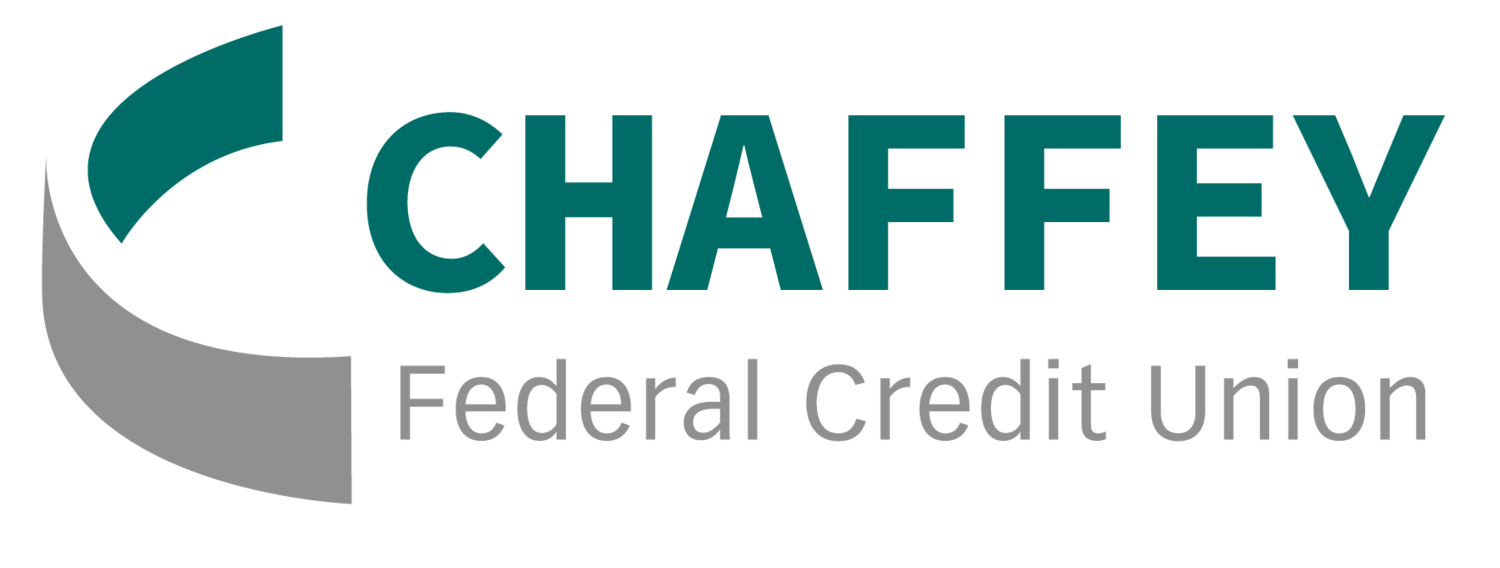How strong are your passwords?
At Chaffey FCU, keeping your accounts and information secure is our top priority. We want to help ensure that any information that you store outside of the credit union is safe, too. According to Forbes, nearly half of Americans have admitted that they have had a password stolen in the past year; we don’t want to see this happen to you. From online shopping accounts, to social media, to email accounts, online criminals can hack your passwords and access your information across many different sites.
Cybersecurity and online threats are constantly evolving with new ways to access your personal information online – protecting your login information to various websites is the first thing you can do to defend your information. We’ve gathered some password best practices to help you keep all your accounts secure:
Create strong passwords.
Strong passwords help protect your online accounts from unauthorized access. The Cybersecurity & Infrastructure Security Agency (CISA) offers tips to create strong passwords: Choose passwords that are long, random, and unique!
o Long: CISA suggests 16 characters or longer
o Random: a mix of letters (upper and lower case), numbers, and symbols; or, a phrase of unrelated words
o Unique: Never use the same passwords for different accounts
Use Multi-Factor Authentication whenever available.
Multi-Factor Authentication, sometimes called “2-Factor Authentication,” “MFA” or “2FA”, provides an extra layer of security to accounts by requesting additional information before allowing you to log in. These additional steps might include facial recognition on your smart phone, or a one-time use code sent to your personal device. Be sure to never share these one-time use authorization codes with anyone – sometimes scammers will encourage you to share these credentials to gain access to your account and log in before you can.
The Chaffey FCU Mobile app and online banking portal incorporates 2-Factor Authentication by requiring a unique code received by text, phone call, email, or authenticator app before allowing you to sign in. Fingerprint or facial recognition can be used on compatible smart phones as another authentication method on your account.
Some companies offer 2-Factor Authentication apps to generate codes, such as the Google Authenticator service. Take advantage of 2FA whenever a website or account offers it to ensure that only approved users are allowed to log into your accounts.
Know the risk of storing passwords.
Many websites try to make it easier for you to log-in by allowing you to save your email and password to automatically enter your account on future visits. You’ll typically see a pop-up from your browser (such as, Google Chrome or Microsoft Edge) after logging in at the top of your screen asking if you would like to save or update your login credentials for that site. User information is saved only on the specific device(s) and account(s) you allow to save your information. Although this creates a simpler login process, it also allows anyone using that device to easily access your accounts. If a device with all your saved login information is stolen, your online accounts and any connected personal or card information can be at high risk.
Never give your login information to someone you don’t know.
One common form of fraud is phishing scams: online criminals trick individuals into sharing sensitive information about themselves and their online accounts. In these situations, criminals often pose as a legitimate company or organization to gain trust. Be cautious of any emails, calls, messages, or websites that request your sensitive information.
Remember, Chaffey FCU will never reach out via text, phone call, or email to ask you to share your personal, account, or online banking related information. If you are ever unsure if a person or company contacting you for sensitive information is legitimate, hang up and contact the official number on the company’s website for more information. Receive additional tips on protecting your sensitive information and reporting fraud on our Stay Informed resources webpage.



